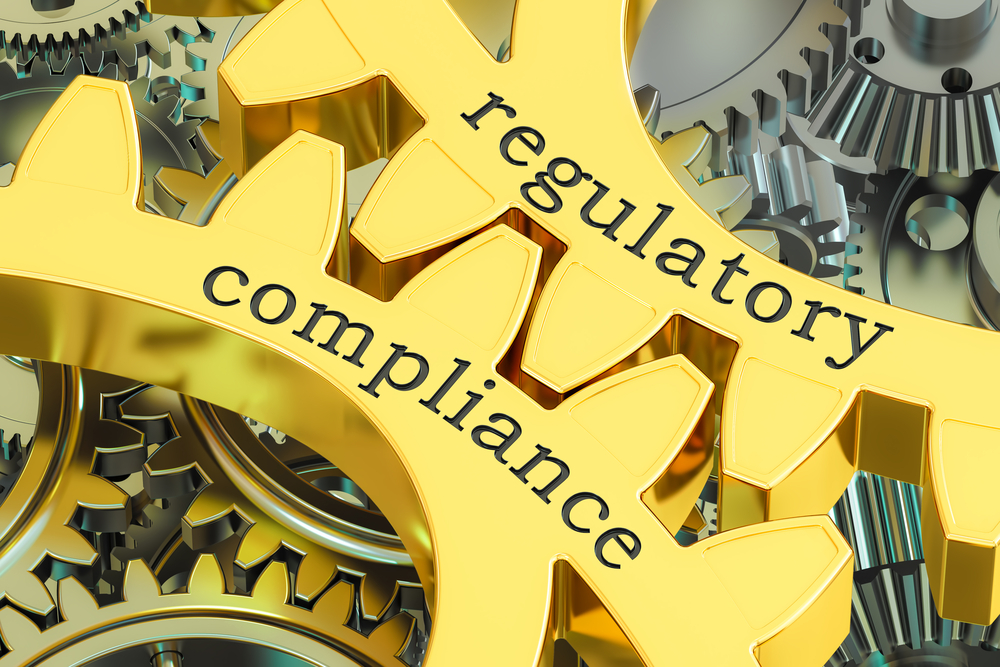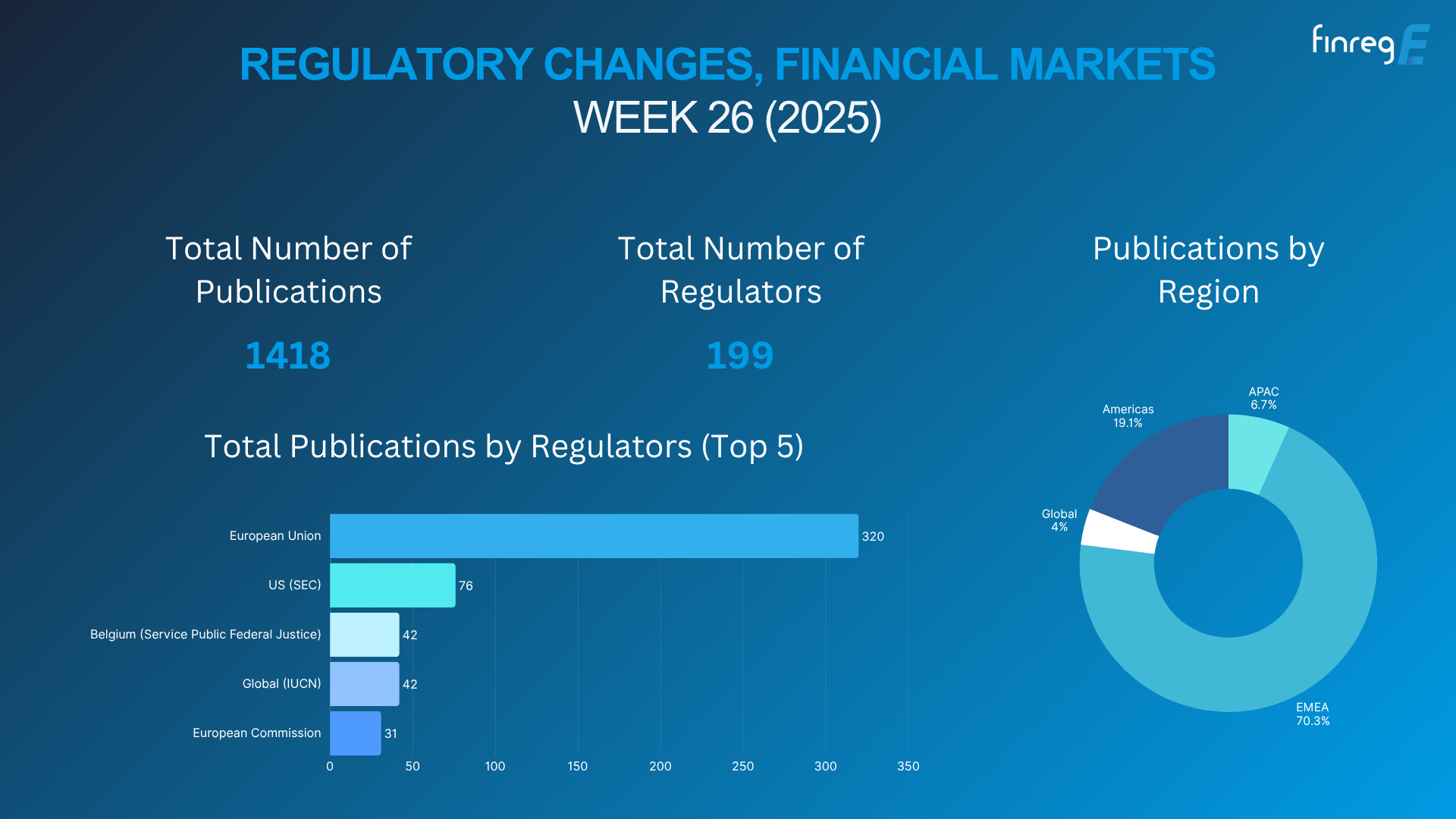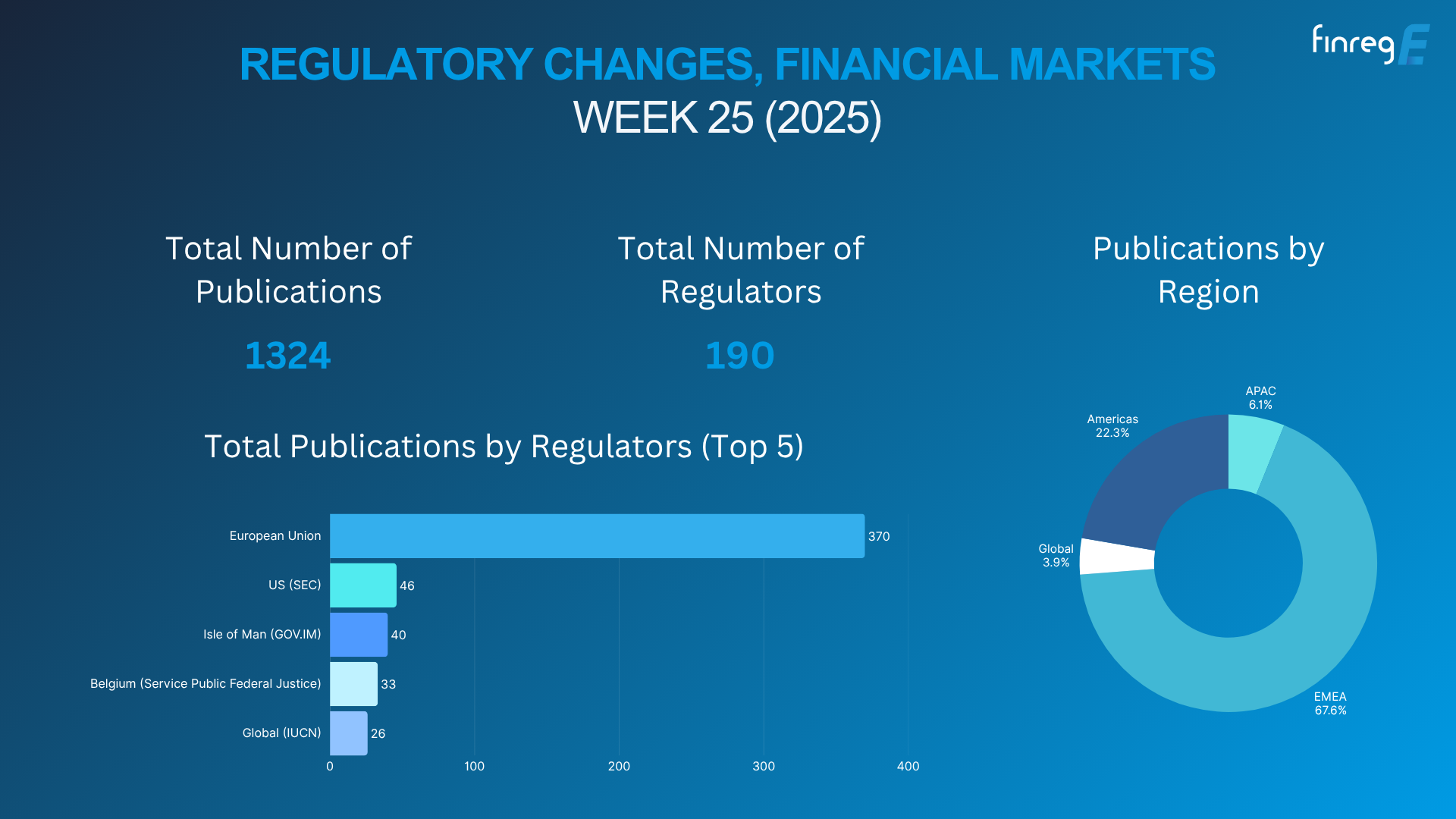In the current business environment, almost all of the biggest companies in the world are multinational corporations.
Before the rise of MNCs, however, economies relied on smaller organisations and even on individuals to produce and deliver the goods and services that were required; these entities were the dominant forces in each economy.
Advancements in technology, transportation, and globalisation, however, have fueled the rise and dominance of MNCs on a very global level. Suffice to say, the rise of these corporations was a critical development in the business world across the 20th and 21st centuries.
Although MNCs have taken over the majority market share in almost every region, the process of getting there isn’t easy. Today, they need to navigate various legal, regulatory, and cultural differences to succeed in each adopted locale.
In recent years, the movement to support local organisations, and the call for greater oversight over MNCs via more conscious consumers, have resulted in more stringent and complex regulations, increasing compliance risks for these companies.
Here are some of the biggest threats they grapple with today.
Increasing geopolitical tensions
The increasing geopolitical issues between global superpowers have been at the front and centre of news coverage in the last few years.
The trade feud between The USA and China, Britain exiting the EU, and the rise in nationalistic tendencies across the world are major concerns in the business world.
Multinational corporations are the most impacted by these geopolitical issues, as measures taken by respective countries have exerted a considerable amount of pressure on their compliance workflows and compounded compliance and regulatory risks.
Brexit, for example, has resulted in the development of parallel regulations in the United Kingdom, which means MNCs operating in both the EU and the UK need to comply with two different regulatory regimes.
The US-China trade war has also restricted companies from the two countries from doing business with each other. The banning of Huawei in the US is one of the prime examples of geopolitical issues disrupting the business and compliance processes across multinational corporations.
The rise of data protection regulations
MNCs, especially those who offer technology-based services, collect vast amounts of data to optimise their products and services to meet the needs of consumers from different regions—think of how a Google search returns the most relevant results for your location.
While data collection has been a standard practice for many years, the recent surge in cyberattacks and resulting data breaches have forced regulators to introduce stringent data protection regulations to ensure data privacy.
GDPR, for example, was one of the first data protection regulations of its kind. Although it aims to ensure the data privacy of EU citizens, at its core, it also forces MNCs across all regions to comply with it.
Since its introduction, many countries have followed suit and have introduced other data protection regulations including the PCI, PII, HIPAA, and the California Data Privacy Act.
These regulations have meant that MNCs operating across different regions need to study specific laws and regulations and establish distinct compliance monitoring processes to ensure protection against related risks.
Differences in employment regulations
Another critical compliance and regulatory risk is the difference in employment regulations in different regions.
MNCs employ thousands of employees across their regional offices, and the rights of these employees differ according to the country they operate in.
Companies operating in countries like Japan, South Korea, and Portugal, for example, are obligated to offer their employees paid paternity and maternity leave. The US, on the other hand, doesn’t require employers to provide or enforce maternity or paternity leave policies.
In addition to these, different countries have different regulations relating to contract terminations, severance payments, monetary compensation, and minimum wage requirements.
As a result, MNCs need to study the specific rules and regulations in different regions and adapt their employment policies accordingly to ensure compliance.
Powerful compliance management can help MNCs overcome compliance and regulatory risks
Unlike local businesses, MNCs face unique challenges due to the nature of their businesses.
Today, identifying and managing regulatory requirements across various regions proactively and responding internally may be the most effective way to get ahead of these risks.





